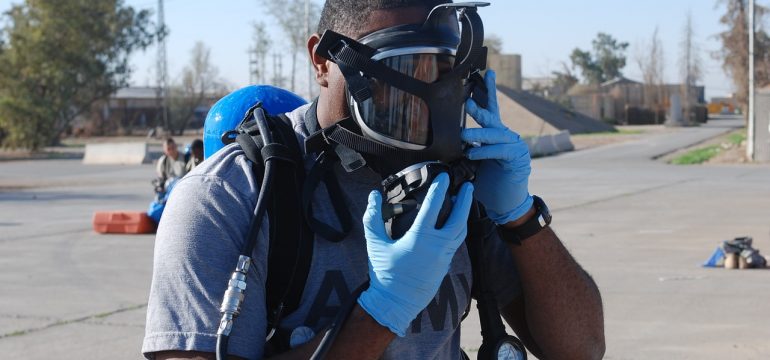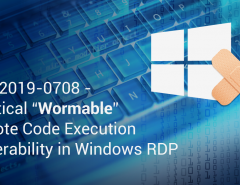In our day-to-day lives, emergencies or accidents can and do happen. It can be on the roads, in the air, on the tracks – anywhere. When an incident like this occurs, the first people on the scene are the first responders – fire-fighters in the case of a fire, a traffic officer in the case of a road accident, etc. These are people whose job is to ensure they are at the first people to reach the scene of an accident as they have been specially trained in the processes and procedures of what to do in the case of an emergency.
First line of defense
In the same vein, cybersecurity first responders (CFR) are trained personnel who act as the first lines of defence when an organization is under cyberattack and who also proactively prevent potential cyberattacks. They are also responsible for investigating cybersecurity violations and plugging the gaps to ensure they are not repeated.
In recent years, enterprises have woken up to the importance of cybersecurity first responders (CFR). This trend is evident after more knowledge and awareness of the devastating consequences of a cyber attack – the average cost of a data breach globally is a staggering $3.86 million, globally. Add the stiff penalties that can be laid down by data protection laws such as the General Data Protection Regulation (GDPR) in EU and upcoming similar laws in other parts of the world and enterprises understand that neglecting their cyber boundaries could have potentially fatal consequences.
Hence, there has been a trend of hiring cybersecurity first responders recently. An Indian news website reported that CFRs were hot in demand at attractive salaries and were getting compensation hikes of 50-100%. The trend of hiring CFRs will only grow as they offer:
Specialized knowledge – There are specific certification courses which train CFRs with the knowledge and information required to combat cyber attacks. This knowledge is invaluable and especially useful for enterprises, especially at difficult times like when a ransomware attack hits.
Proper training – There are a certain set of dos and don’ts which are needed to be followed in the case of a breach in cybersecurity. These could include proper communication, identifying source of attack, identifying key risk targets, etc. Cybersecurity first responders are trained with the procedures involved and are the best people to handle such situations.
Assessing security framework – It is not just during a cyber attack that CFRs make their presence felt. Their job goes beyond that specific role – one of their key responsibilities is also assessing an enterprise’s security framework, understand the defense shield, the vulnerabilities and how to go about patching these vulnerabilities.
Thinking from the other side – Many enterprises put in a lot of hard work and effort to plug their cybersecurity defences but still often end up with gaping holes. The problem does not occur due to a lack of efforts but due to a mindset – it is very difficult for network administrators and information security officers to think from the perspective of a cyber hacker. This is where
CFRs are very useful; they can assess enterprise from the viewpoint of a prospective hacker and thus may be able to find gaps which otherwise were hidden in plain sight.
Recovery & Recuperation – CFRs are instrumental in guiding and maintaining smooth recovery from a cyber attack through damage limitation and data recovery tools. A good CFR may be able to recover as much data as possible, potentially saving the enterprise from huge losses.
Hence, the above points provide a good argument for enterprises to seriously consider hiring cybersecurity first responders to ensure in better preparation for cyber attacks.
As an IT security partner for your business, Seqrite provides comprehensive security from advanced cyber threats. To know more




